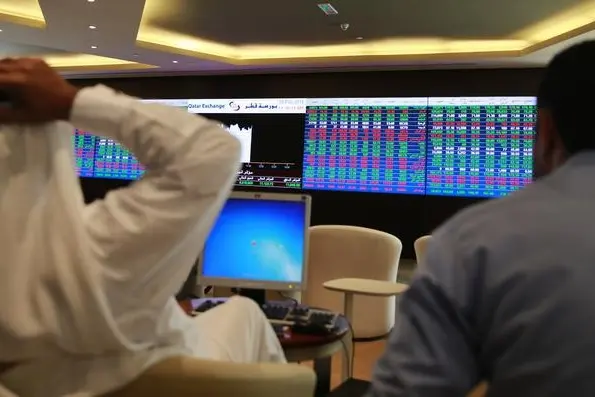PHOTO
By Santhosh V. Perumal
Doha Bank and Masraf Al Rayan-sponsored exchange traded funds (ETFs) will make their debut on the Qatar Stock Exchange (QSE) by November-December this year, offering investors a “viable” strategy to grow with the market at “considerably” lower costs.
Moreover, the “mandatory” market makers always make bid and offer for ETFs, offering investors, especially individuals, the ease of buying and selling at any point of time, Mohsin Mujtaba, director (Products and Market Development) at the QSE, said.
“We are targeting to launch two ETFs by the end of this year,” he told a seminar organised by the bourse.
The Doha Bank ETF, which will track 20-stock Qatar Index, have Amwal and Group Securities as fund manager and liquidity provider respectively; while Masraf Al Rayan ETF, which will track 17-stock Al Rayan Islamic index, will be managed by Al Rayan Investment Company, a subsidiary of the bank.
Both the ETFs would provide dividends with Doha Bank ETF, offering in cash and Al Rayan reinvesting it.
The move to launch ETFs comes in view of an analysis of 300 individual portfolios undertaken by the QSE in which it found that the portfolios underperformed the index.
Similarly, mutual funds, which often have higher management fees, were also seen underperforming the index.
The idea behind the ETFs is to grow with the market, he said, adding it provides investors with exposure to the index benchmark with a single trade and its pricing would be a function of the indices. If an investors needs to replicate the performance of Qatar Index, the minimum order size should be QR22,000 and in multiples thereafter, which is the minimum order size according to the size of the index.
Replicating the index means placing at least entering 17 or 20 orders with correct proportions and it presents its own difficulty of making sure the all such orders are executed at the right prices, he said, adding this is not easy for individual investors.
But with ETFs — which are mostly (but not exclusively) index-based open-ended funds that can be bought and sold as quickly and easily as ordinary shares on a stock exchange — an investor can buy them at much lower size; which will considerably reduce outgo towards brokerage commissions, Mujtaba said.
Making it clear that there will be no face value for the ETFs; he said instead there will be a price, which will be linked to the index.
“The pricing aspects will be clearly mentioned in the prospectus,” he added.
Asked about the prospects for more local ETFs, he said once the two ETFs are launched, “I don’t think there is much room for those”; instead the bourse will be looking at international assets or bond ETFs.
The QSE’s first phase saw reforms in the cash market with an aim to enhance liquidity in the market through liquidity providers. A part of the strategy in this phase includes the launch of ETFs.
He also said there is no regulatory restriction on foreign funds to have their ETFs listed on the QSE but local and regional fund managers would be increasingly looking at having their ETFs in the market because of their effective distribution channels.
© The Peninsula 2016





















